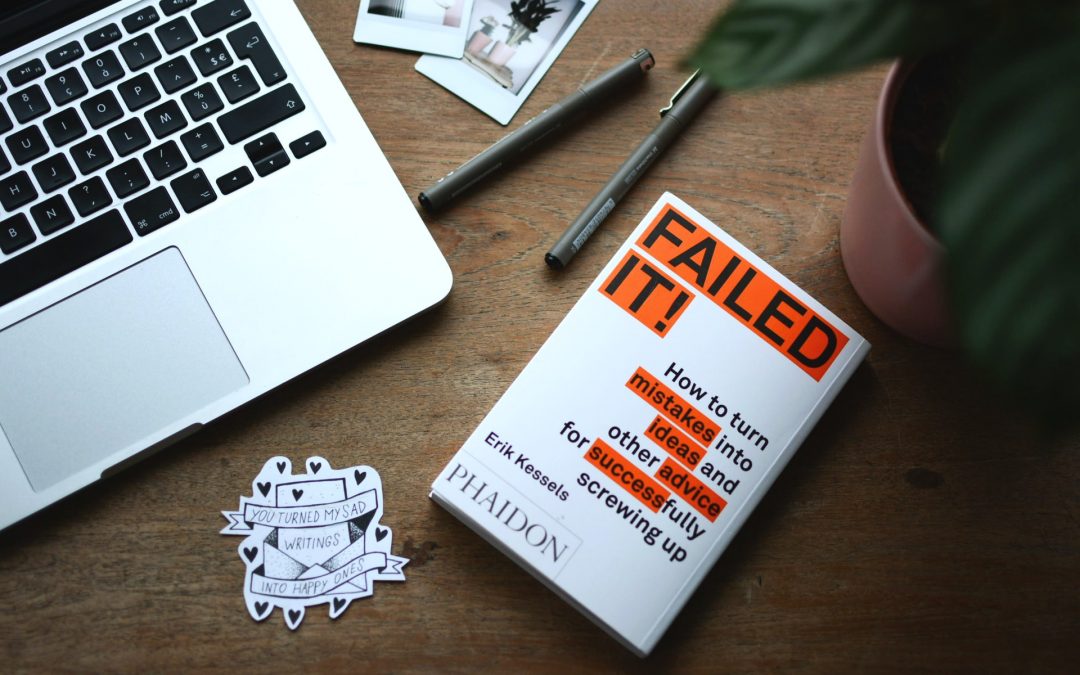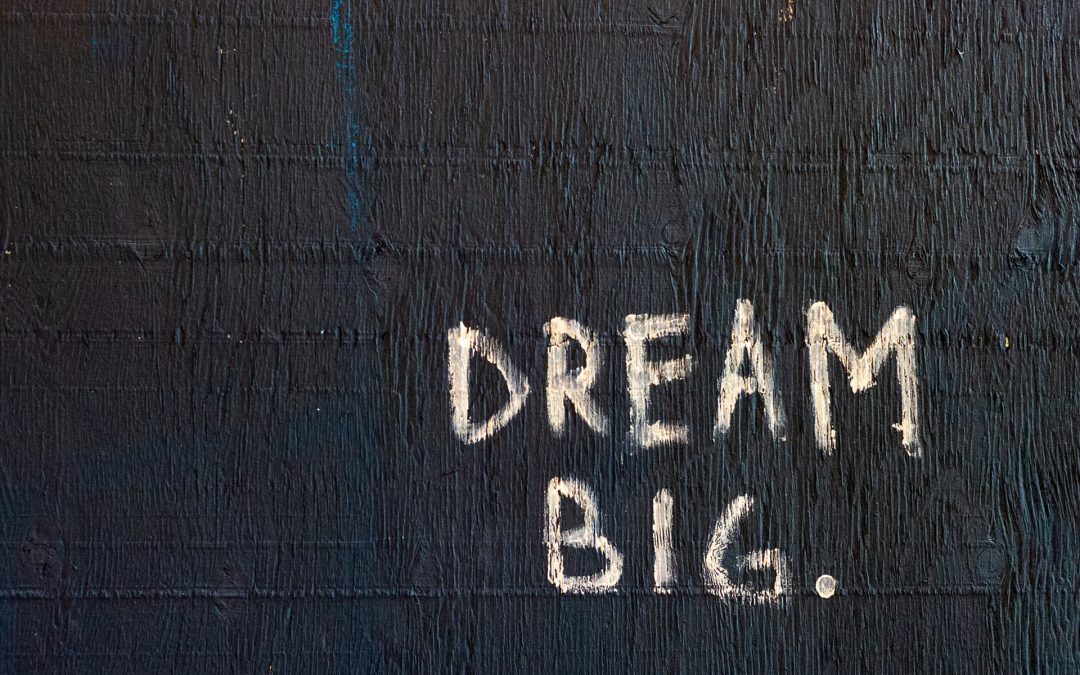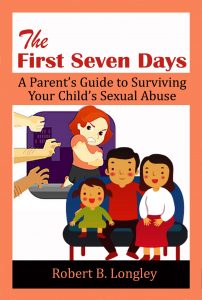
Sexual Abuse
Monty Hall made a career out of letting people have do overs. If you don’t like the experience the universe has dealt you, you can trade it for what’s behind door number 2. Sometimes it’s a new car, sometimes it’s a herd of goats. It’s designed for entertainment and there isn’t much life altering in the decision either way.
The advantages of cancer
So here’s a hypothetical for you. What if you could trade your abuse? Let’s say you could undo your child’s sexual abuse but you traded it for cancer. There are several advantages to cancer:
- In most cases you can treat it with surgery, medicine or radiation.
- Pink ribbons
- Road races
- Lots of treatment facilities
- Everyone knows someone who has had it
- Lots of people to talk to
- There are social rules that everyone understands
This last one is probably the most important difference. Here are some of the social rules:
- People pray for you in church
- Friends come to visit you while you are in treatment
- Friends bring your family food
- People will talk to you about cancer
- Some people send you cards
- People will give you ideas about how to deal with cancer
- Most people know what to expect and how to react
- Friends will cry with you
Now there’s clearly a downside to cancer, but we’re not going to talk about that. Being intimately familiar with both, I wouldn’t wish either on anyone, but these are the challenges that enter our lives. It does make you wonder though. Wouldn’t it be nice if abuse victims and their families got the same support as people with cancer? Would you trade your abuse for cancer? You probably know the answer.
Let us know if we can help you dealing with your family’s sexual abuse situation. For ideas to get started please check out our book on what to do during the early days after disclosure.

Parenting
It might not be those exact words but most parents dealing with their child’s sexual abuse will be confronted with someone questioning their judgement, actions, etc. at some point in the process. This is exactly what happened recently during the lawsuit against the Boy Scouts of America over sexual abuse of scouts. The president Eugene Grant testified regarding the victim that “his parents should have known better.”
Hind sight is always 20/20. It’s really easy to beat yourself up over what was actually happening once you know the truth. When someone questions you in this situation, it’s generally not that they are wiser than you, or that they know you did something wrong. They are actually protecting themselves. It’s another way of saying “this could not have happened to me”. And as anyone who has had their child molested will probably tell you, that’s probably what they were thinking right up until they found out it wasn’t true. If you operate under the assumption that it can’t happen to you, when it does happen to someone else, the logical conclusion is that it was somehow their fault.
Not so fast
The reality is that it can happen to anyone. There’s about a 1-10000 chance of being involved in a shooting at school. But almost every school plans for it and educates kids about what to do in a “code red” . Depending on gender, there is an average 1 in 5 chance that a child will suffer some form of sexual abuse by the time they are 18. You would think schools or some group would be all over that trying to reduce the risk. No one wants to talk about it, and as such the idea that “it can’t happen to me” lives on.
Sexual abuse is largely about manipulation and deception so there will always be people who are taken advantage of. But the more we can educate people about the problem, the less likely it is that it will continue on the same scale in the future. People actually do need to know better, not just be told that they should have.
Let us know if we can help you dealing with your family’s sexual abuse situation. For ideas to get started please check out our book on what to do during the early days after disclosure.

Sexual Abuse
Knowing but not doing anything about it is the latest banner of guilt capturing public interest. “Pope Benedict XVI failed to act over complaints during the 1990s about a priest in the US who is thought to have abused some 200 deaf boys, victims say.” The public cries out “how could you have ignored this problem?”. The sad truth is it happens every day – it just doesn’t make it to the front page of CNN. It is a systematic failure to act.
So where is the problem here? Taking a quote from Star Trek – “the needs of the many outweigh the needs of the few, or the one”. Just as that logic was shown to be flawed in the TV show, the same is true here on planet Earth. It’s easy to rationalize that serving a larger population sometimes means not dealing with “smaller problems” . Especially when it’s a topic that no one wants to talk about in the first place. Much like the problem of sexual abuse itself, the actions of the people dealing with it, often exist out of a lack of education. So do we blame people for their ignorance, or educate them? There’s an enlighted answer, but the reality is that blame solicits the most emotional response and plays better for the media. Blame can be done in an instant – education takes time.
System Failures
As a parent dealing with your child’s sexual abuse, you will probably find yourself dealing with several agencies or individuals who failed to act. There were a couple that really annoyed me. First was the public safety licensing person that pencil whipped an inspection I requested because she was tired of me calling about the status. The other was the school superintendent that told us we couldn’t discuss the subject with our child’s teachers unless we got a subpoena – and the offender wasn’t even associated with the school.
There’s a saying that given the choice between maliciousness and incompetence – assume incompetence. Failure to act often falls into the later area. Conspiracies play better for the media, but most times it comes down to people not having the wisdom that the generation that will follow them is likely to have. Concepts like slavery and racial purity have all been popular themes in some culture in the not too distant past. By people’s decisions to act they have largely disappeared. My hope is that an awareness of sexual abuse will cause more people to act. It may dramatically reduce it in our lifetime. For now, there continues to be those that we rely on that fail to act. And for the majority that simply made decisions that seemed right for the time, my hope is that the media attention will serve as an education for better decisions in the future.
Let us know if we can help you dealing with your family’s sexual abuse situation. For ideas to get started please check out our book on what to do during the early days after disclosure.

coaching
A couple weeks ago I was watching a special on Dr. Martin Luther King and several of the people who were there for that memorable speech were talking about. Apparently it was supposed to go quite a bit differently. The person who wrote the speech said he was listening and thinking that’s not what I wrote for him. At that point he went off script and started talking about a little girl who wasn’t able to play with her friend. And made history in the process.
In speech and acting classes, this is one of the speeches students are asked to deliver to really feel something powerful. Others include John Kennedy’s moon speech. So you are probably wondering where I’m going with this.
When your child is sexually abused, your world is likely to become a lot more negative in appearance. It probably isn’t in reality, but your range of emotions will probably span from numb to pissed off. Happy becomes a challenge, and joy may not even seem realistic. And you may just not think you feel anything.
I ended up coming up with my own imagined I have a dream moment. It’s about 30 seconds long, I tend to do it in the car, and the only people who have witnessed it are a few confused drivers. I’ve probably done it several hundred times and still can’t get through it to the end. If you do it right, you probably won’t be able to either.
Your I Have a Dream Moment
Here’s the recipe I follow. I want to you imagine some event 10-20 years in the future. It needs to be significant, relevant, and involving your child. Here’s a couple examples to get you started:
…but the big secret we’re about to find out is who will be lighting the Olympic flame…
…and now being awarded the bronze star by the President…
Come up with one that works for you. Try reciting it to a particular song, and see what happens. You may have to try a couple variations before you get it right. You may rediscover some feelings that seem missing from your life. And it may actually help you discover a dream for your child that is still possible, even after what has happened.
Let us know if we can help you dealing with your family’s sexual abuse situation. For ideas to get started please check out our book on what to do during the early days after disclosure.
Parenting
Child sexual abuse and domestic violence has many faces. If you are looking at this site, you probably either see one of those faces in the mirror, or across from you at the dinner table. And for some, the face is but a picture on a desk or a mantle. Such was the genesis of Victim Coaching.
The toll child sexual assault and domestic violence takes on society manifests pain in many ways. Some of the pain is physical, but for most the pain strikes at your soul. It lives long past the period of the abuse and follows us for years. It rears it’s ugly head in simple activities, relationships, and affects both victims and their families.
Having spent several years dealing with this issue, there is no roadmap for families dealing with this tragedy. Yes, there are therapists, crisis counselors, and victim advocates along the way. But most people find a lack of continuity between the services that are offered.
This site is about filling in some of those gaps.
What this site isn’t
This site is not a substitute for therapy, legal, or medical advice.
It is not a forum to share stories with other vicims
It is not a grant funded free service
A quick fix
This isn’t just for direct victims. This was originally conceived for parents of victims
What this site is
This is an interactive victim coaching system for victims and their families
A tool for developing a roadmap to minimize the future damage the abuse will have on your life
An expansion of traditional coaching to target the needs of sexual assault victims and their families
If you have questions please fill out the contact form.
Let us know if we can help you dealing with your family’s sexual abuse situation. For ideas to get started please check out our book on what to do during the early days after disclosure.




